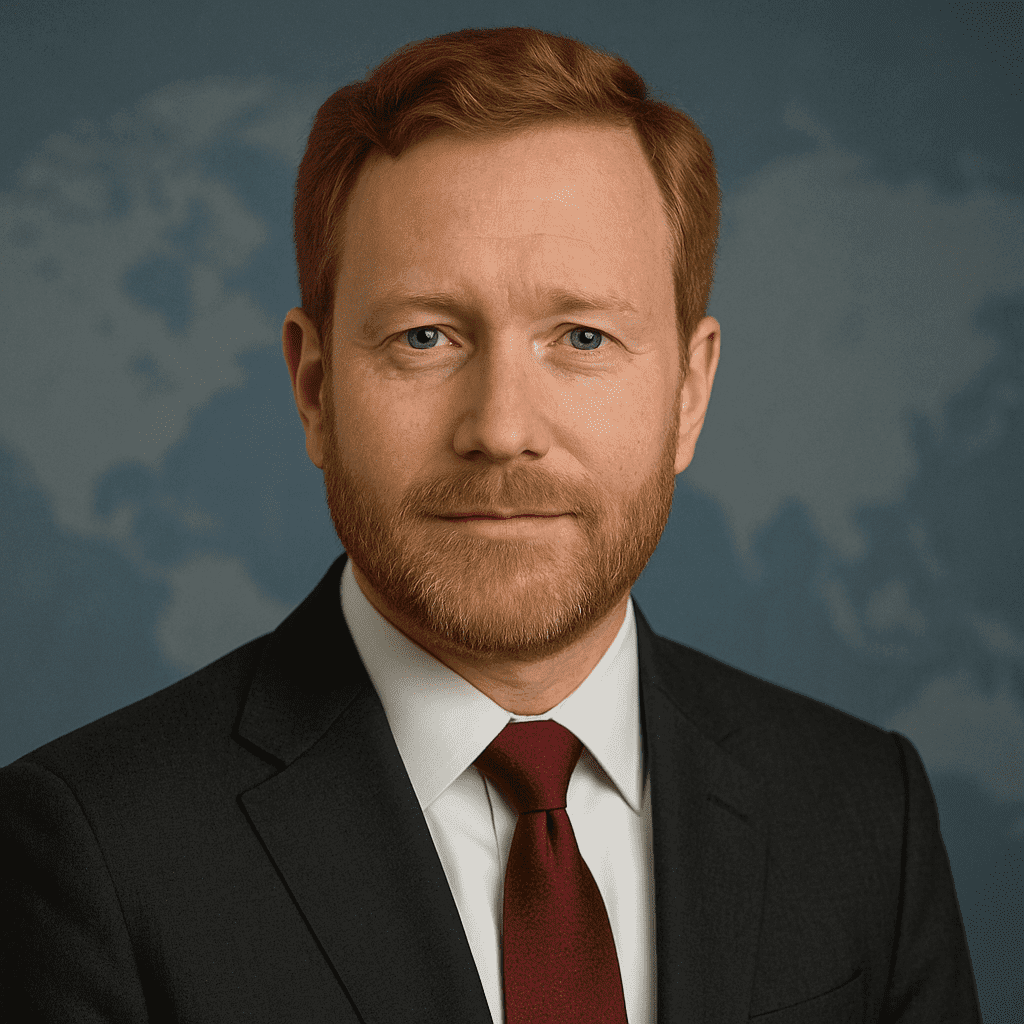In early 2025, the United States implemented a series of policies aimed at reinforcing national sovereignty and reducing reliance on international institutions. These measures included imposing tariffs on Canadian imports, withdrawing from key United Nations bodies, and reassessing foreign aid commitments.
On March 4, 2025, President Donald Trump announced a 25% tariff on all Canadian imports, excluding energy products, which faced a 10% tariff. The administration cited the need to address the trade deficit and encourage stronger Canadian border enforcement, particularly concerning illegal immigration and fentanyl trafficking. Supporters pointed to high Canadian tariffs on U.S. agricultural goods—up to 240% on dairy and 150% on poultry and eggs—as evidence of a trade imbalance. In response, Canadian Prime Minister Justin Trudeau announced 25% tariffs on $30 billion worth of U.S. goods, with an additional $125 billion in tariffs planned. Trudeau criticized the U.S. tariffs as unjustified and economically damaging, urging Canadians to support domestic products and services. On March 6, the U.S. delayed tariffs on goods compliant with the United States-Mexico-Canada Agreement (USMCA), accounting for approximately 38% of imports from Canada and 50% from Mexico. That’s just where we are now.
In January 2025, President Trump expressed interest in acquiring Greenland from Denmark, citing national security concerns. During his March 4 address to Congress, he vowed that the United States would gain control over Greenland “one way or another.” A subsequent public opinion poll indicated that 85% of Greenlanders opposed joining the U.S. In March 2025, Vice President J.D. Vance visited Greenland, stating that the U.S. could not ignore the president’s desires and warning of the “encroachment of powerful countries” like China and Russia. That’s just where we are now.
The administration also reduced U.S. involvement with the United Nations, citing concerns about sovereignty and alignment with American interests. The U.S. withdrew from the Human Rights Council and the UN climate damage fund, halting all funding to the United Nations Relief and Works Agency for Palestine Refugees (UNRWA), accusing it of anti-Israel bias and ties to Hamas. On March 11, 2025, the administration rejected the UN’s 2030 Sustainable Development Goals (SDGs), arguing they conflicted with U.S. sovereignty. These decisions led to budget cuts affecting UN humanitarian efforts, notably the World Food Program, which reduced critical aid to Myanmar. Additionally, the administration intensified scrutiny of UN humanitarian agencies, demanding disclosures of any ties to communism, socialism, or perceived anti-American ideologies. That’s just where we are now.
These policies have had measurable effects on various sectors of the U.S. economy. Travel bookings from Canada to the U.S. for the April–September 2025 period decreased by more than 70% compared to the previous year. European tourism to the U.S. declined by 17%, with countries such as Ireland, Germany, and Norway experiencing decreases exceeding 20%. Total overseas visitors to the United States fell by 12% year-over-year in March 2025, representing the most severe drop since the COVID-19 pandemic. The U.S. Travel Association estimated that even a 10% reduction in Canadian visitors could result in $2.1 billion in lost spending and 14,000 job losses. Tourism Economics revised its forecast for inbound U.S. travel from 8.8% growth to a 5.1% decline. In April, the group projected a decline of 9.4%. That’s just where we are now.
The automobile industry has also been affected. Tesla, Inc. sales in Europe declined significantly, with January 2025 registrations dropping to 9,913 units from 18,121 in January 2024. Overall, Tesla sales in Europe fell by approximately 45% year-over-year in early 2025. By the first quarter of 2025, Volkswagen had surpassed Tesla as the top electric vehicle seller in Europe. That’s just where we are now.
Consumer goods have seen shifts in purchasing patterns away from recognizable U.S. brands such as Coca-Cola, Jack Daniel’s, Philadelphia cream cheese, and Hellmann’s mayonnaise. Several websites and apps have been developed to help consumers avoid U.S. products more easily. On Reddit, the group “r/BuyFromEU” has around 200,000 members as of April 2025, sharing practical guides listing alternative European products. The website “Go European,” launched by volunteers in February, aims to make it easy to see which products are largely from the U.S. and which alternatives exist. That’s just where we are now.
In Canada, Trump’s proposals have been received negatively, with condemnation from all major political parties and leaders, causing strain on Canada-U.S. relations. Polling conducted on Trump’s proposals showed extremely little support among Canadians for the idea of Canada becoming the 51st state, with an Angus Reid poll indicating that 90% of Canadians are against being annexed by the United States. Polls also showed a sharp rise in Canadian nationalism among Quebecers. Canadian Prime Minister Justin Trudeau responded to Trump, saying there’s “not a snowball’s chance in hell” that Canada would be annexed by the United States. Conservative Leader Pierre Poilievre stated that Canada would never become the 51st state of America. On February 7, 2025, Poilievre further stated that Trump’s 51st state comments aren’t a joke, saying: “I’ve always taken it seriously, and I’ve always clearly and consistently condemned it. Canada will never be the 51st state. We will be a strong, independent, sovereign country when I’m prime minister.” That’s just where we are now.
These developments underscore the complexities and trade-offs inherent in pursuing policies centered on national sovereignty. The administration continues to monitor the situation, with plans for ongoing assessments and adjustments as necessary.
—
Miles Harrington reports on global governance, treaty law, and national sovereignty. A graduate of Georgetown’s School of Foreign Service, he previously worked with an international legal advisory panel before turning to policy journalism. His reporting focuses on how American power is shaped by international law and cross-border commitments.



